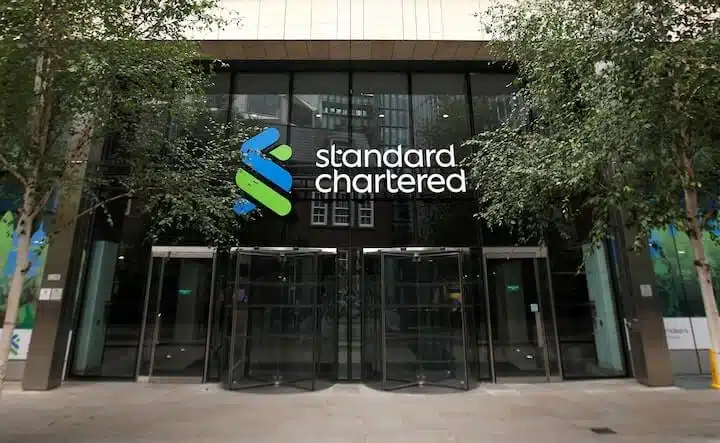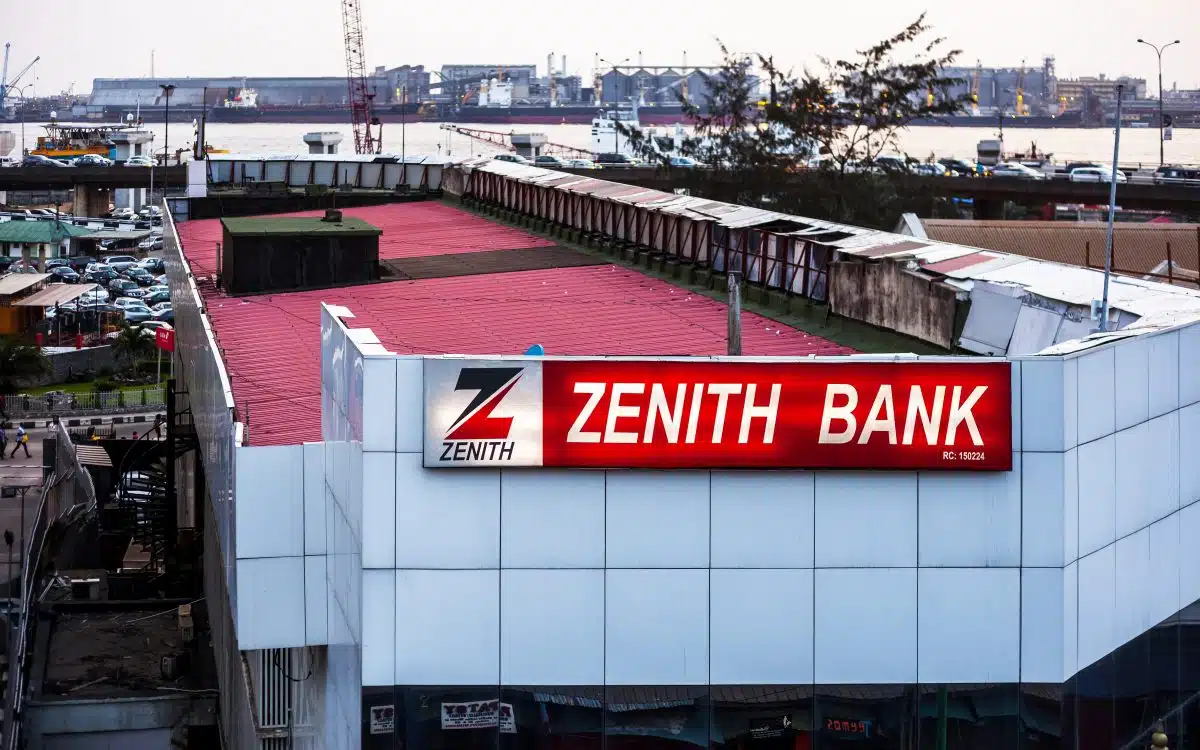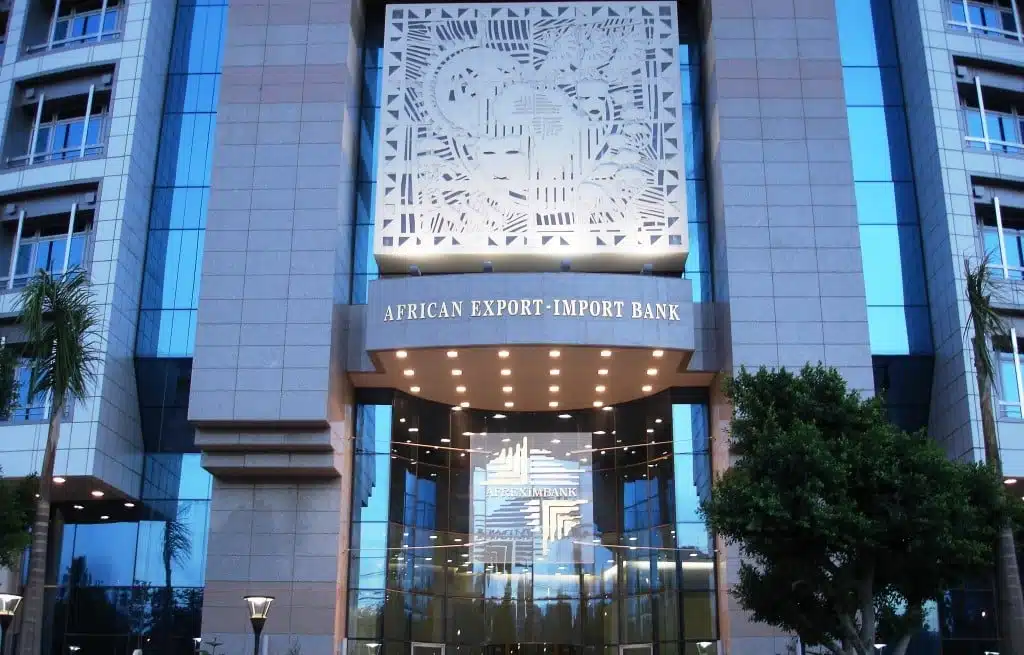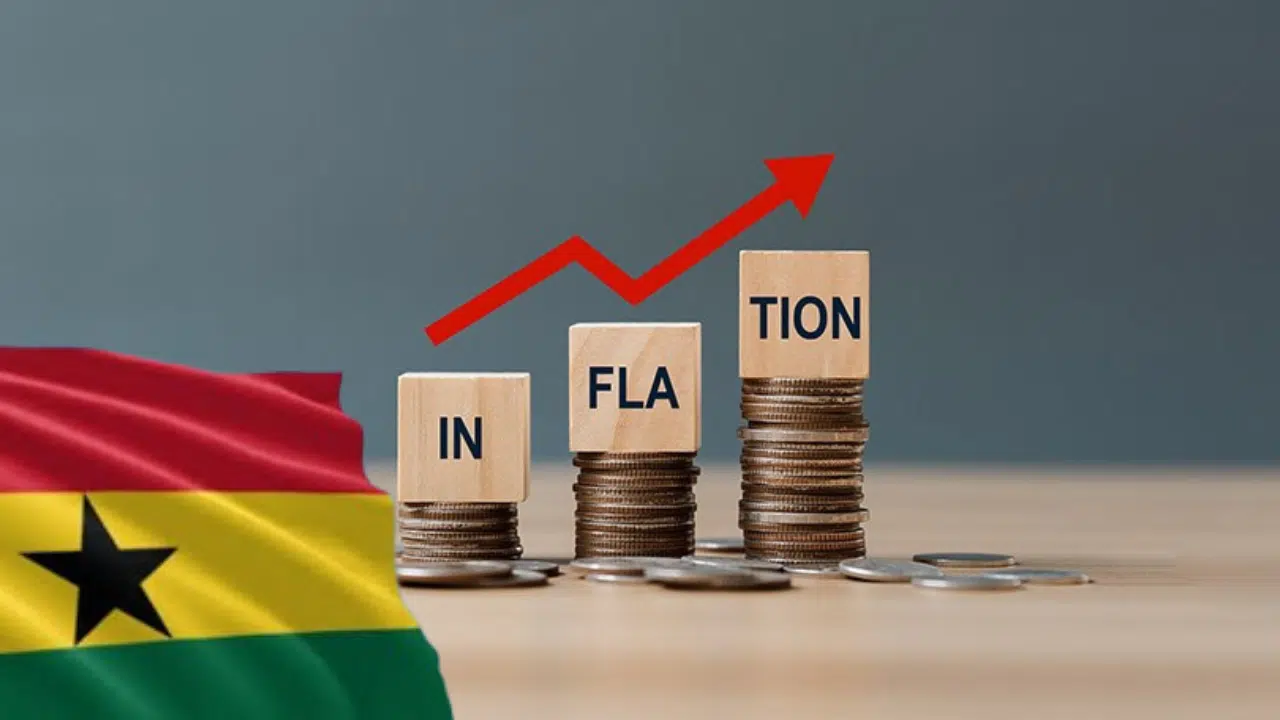The Zambian Security and Exchange Commission (SEC) has meted out sanctions on Standard Chartered Bank, for mis-selling a Chinese property company’s bonds to one of the bank’s local wealth clients at the height of the Asian country’s real-estate crisis.
Standard Chartered Bank, the oldest operating bank in Zambia was found wanting on two grounds which go against Zambia’s SEC rules:
- Failing to disclose “material information” about the bonds which it sold in 2022. The bonds issued by Chinese state-backed developer Sino-Ocean have been defaulted for over a since 2023 and are now worthless. This information was not disclosed to the bank’s client.
- Including exclusionary contract clauses, which essentially shift all the responsibility of the risk of default to the client, exonerating the bank from any risks. This act negates the fiduciary relationship the bank has with its client.
The investigation of these violations started in April 2024. Zambia’s SEC rules give the commission the powers to fine, or publicly or privately, “censure or reprimand” lenders, although it can’t formally order them to compensate customers for mis-selling.
The SEC, however, did not disclose which of the disciplinary measures it would take on the bank.
At the time of this report, Reuters reports that the bank has decided to appeal the sanctions decision. For the appeal to be valid, it has to be brought within 30 days of receiving the sanctions.
While the approach of the SEC to sanctioning the bank for its unethical conduct can be seen as a step in the right direction, the case brings to the fore the general concerns about banks’ compliance with regulatory standards.
Investors (both local and foreign), are usually concerned with banks’ regulatory compliance, especially as non-compliance spells doom for the safety of their investments. In such circumstances, investors are usually sceptical of investing and this negatively affects the economy.
As more African countries tighten the regulatory compliance mechanisms for banks and other financial institutions, it is hoped that the continent will witness more investor influx, leading to true economic development.






